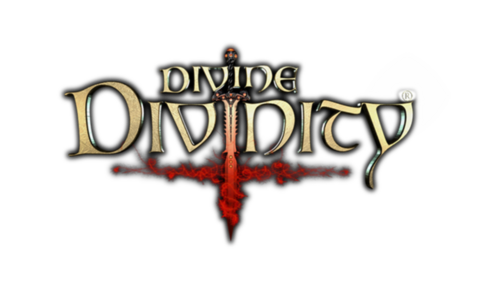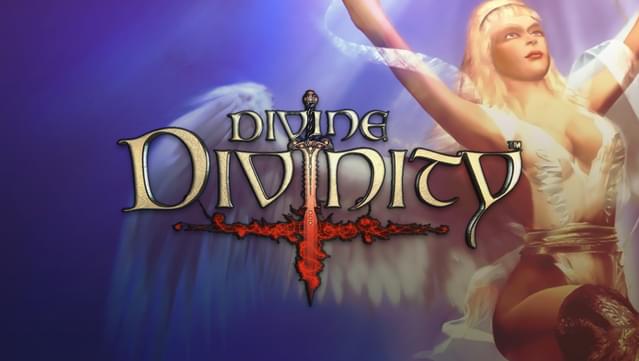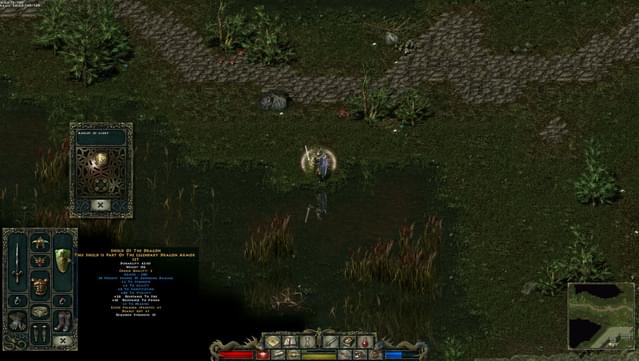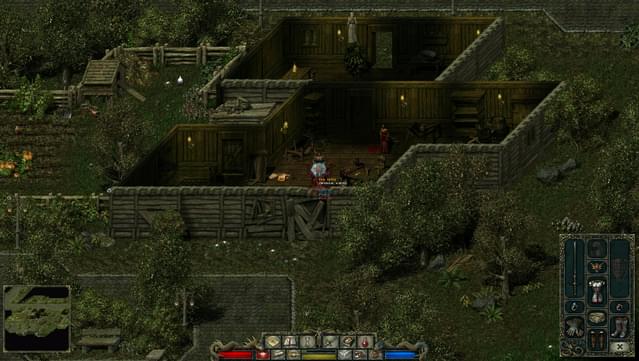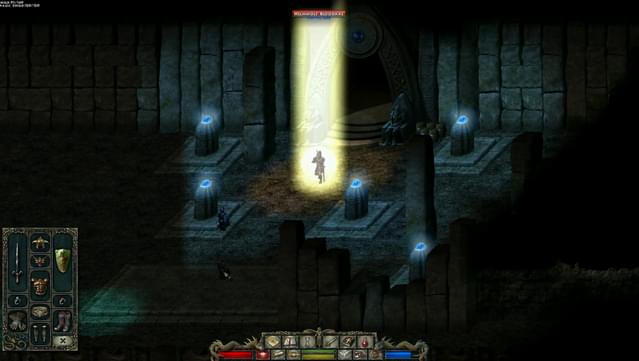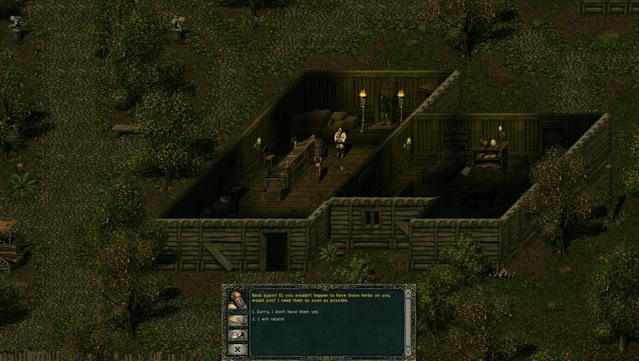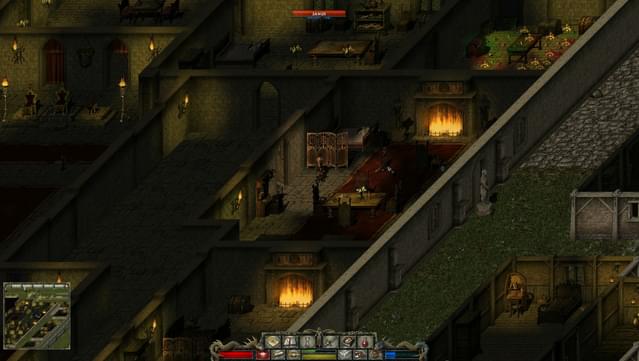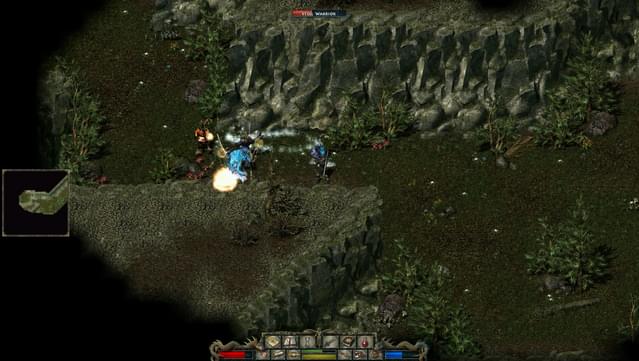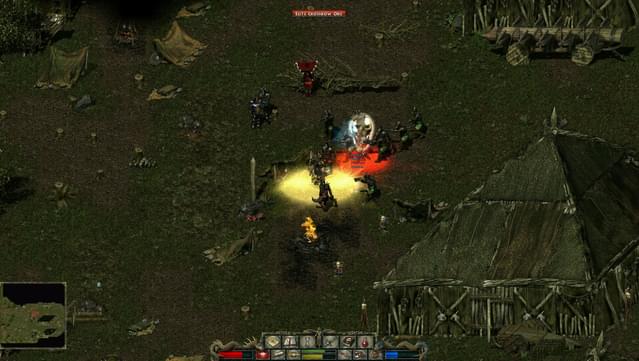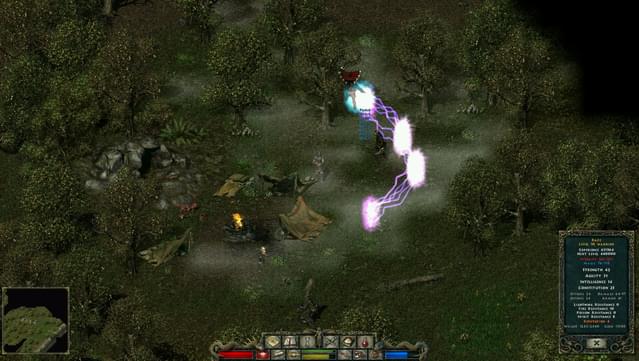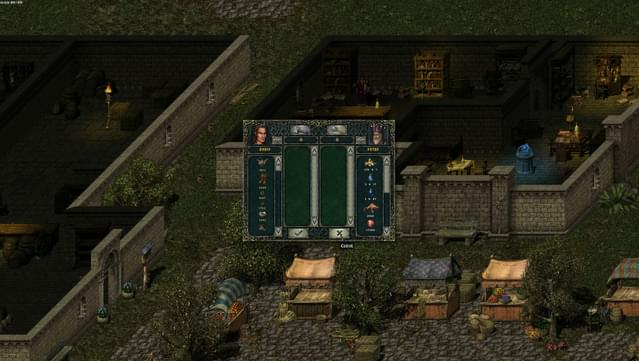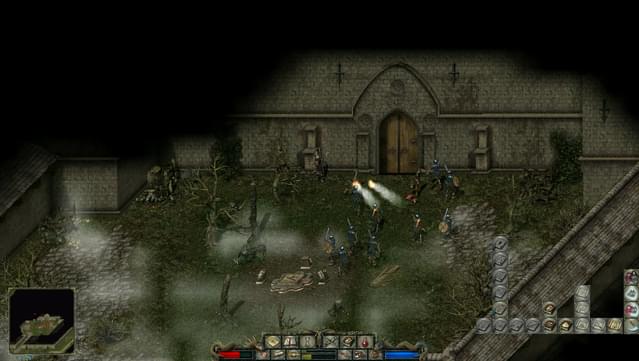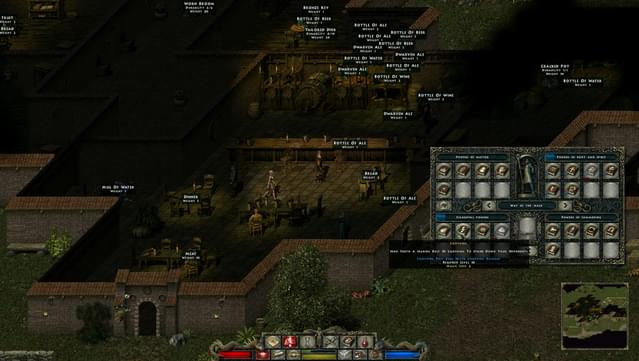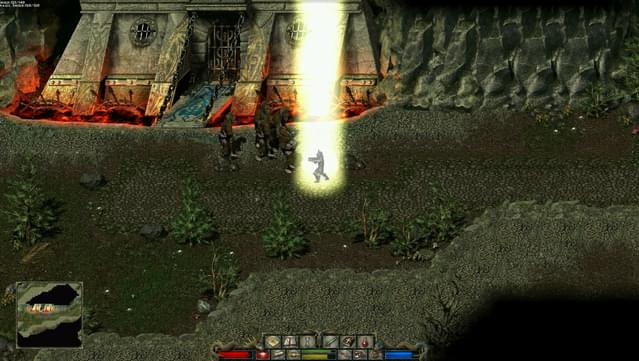The Good: The game offered very open ended game play and side quests that felt useful.
The Bad: The ending felt unfulfilling, the skill system was disappointing, and the inventory system was irritating.
The details: The game begins with an opening dungeon crawl that serves as an extended tutorial, but after that the whole world is essentially opened up to you. Only a handful of locations are sealed up until the completion of plot elements and these don’t detract from an opened ended world. Exploring will set you up with a lot of side quests to help level characters and for the most part feel like actual things a hero would do (rescue a lost boy’s parents, help a little girl track down her cat, and beat up all sorts of ruffians). A few side quests also come with certain mysteries and unintended side-effects to both your character and the world around it; these add a good role-playing feel as to how you decide to carry out your heroic action.
The skill system allows any class to put into any skill tree, characters can also buy (or find) spell books to increase their skill levels. Skill books (and the occasional quest reward) mostly improved spells rather than personal skills. And while there were ways to improve combat, there were no active fighting skills making combat rather boring. The skills themselves give players many options both offensive and defensively, but most don’t live up to the hype leaving only a few good skills worthwhile.
The inventory was obnoxious with items free floating in the inventory rather than in an organized grid. To add extra trouble the merchant windows rearrange everything to a single column of items disrupting any organization used. In addition the game doesn’t give a clear way to store items, although that can be remedied by simply storing your items in a barrel, crate, or chest just about anywhere.
Divine Divinity uses magic pyramids rather than town portal scrolls, the pyramids can be used to teleport to each other allowing for players to pick and change the location of return. This feature is annoying at first, especially since picking up the pyramids requires dragging it into the inventory menu rather than picking them up by clicking on them. After some time the pyramids become a friend and a useful way to get around. However, after you trigger a certain plot event an annoying imp comes and steals them until the end of that plot line.
The main plot line was nothing special, but was compelling enough to find out what happens at least until the climax. After being blessed to turn into the Divine One, however, the game leaves its open ended game play and turns to a strict linear game leading toward the end. This final act was easy to beat and made it feel like a waste having become the Divine One. The monotony concludes with a mazelike dungeon where in classic fashion you are forced to reface the various evil lieutenants before finally facing the lead villain. Even the final confrontation was a bore. The final chapter of the game was a poor ending that failed to capitalize on the best features built up during the majority of the plot.
Summary: Divine Divinity is a rather unique play through with an open world to explore, but lacks the anything to make it a true success. Some of the features were interesting, while others were frustrating. The ending was a tremendous let down and leaves a bad taste spoiling an otherwise good game.

